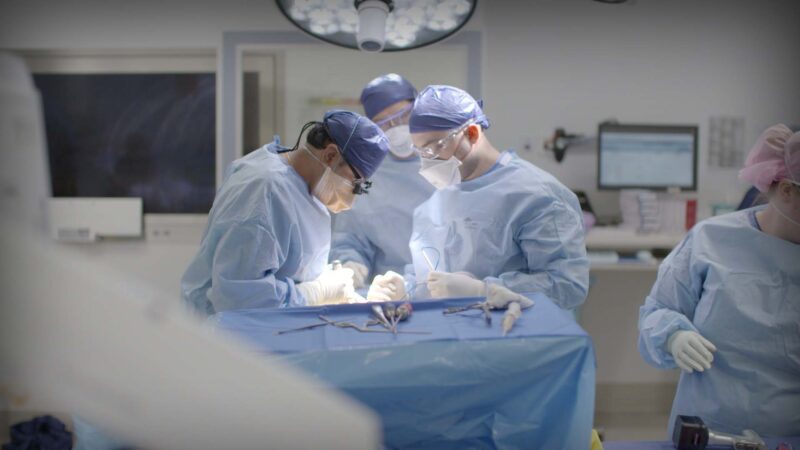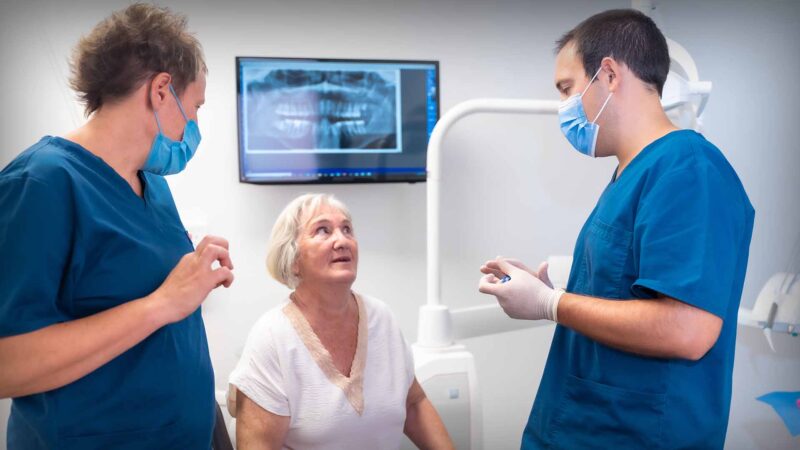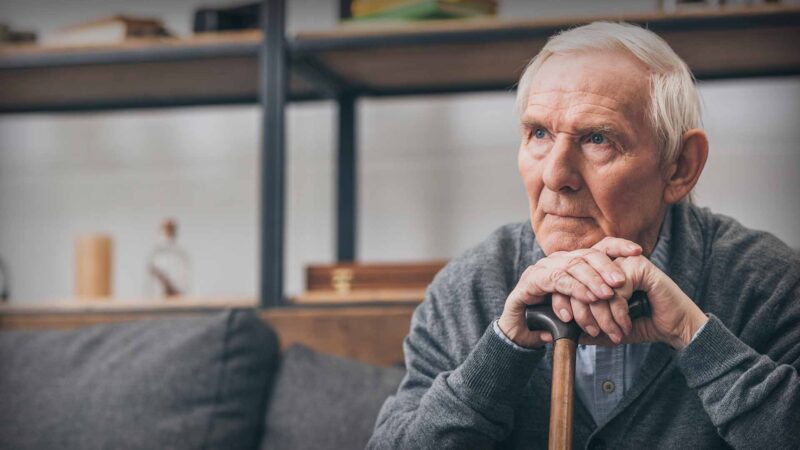Monash University researchers have developed a world-first personalised app to improve the sleep and mood of vital shift workers.
During the pandemic shift workers kept the nation functioning. Our healthcare shift workers helped many of us survive its deadly effects. We know from research and our own experience the critical role sleep plays in maintaining good mental and physical health.
Earlier this year, Turner Institute for Brain and Mental Health researchers developed SleepSync, the world’s first app that personalises sleep-wake cycles for shift workers to improve their sleep and overall mood.
The research, led by Dr Jade Murray, was published in the journal, Digital Health. Australian Health Journal met with Dr Murray to hear how the application has evolved and been used in personalisation of sleep habits for health care shift workforce.
It saw 27 shift workers trial the app over a two-week period; mainly intensive care and emergency department nurses at high risk of shift work disorder, commonly experienced as insomnia and excessive sleepiness.
SleepSync improved total sleep time, ability to fall asleep, sleep quality and perception of recovery on days off. With the app considering each individual’s daily routine, 70 percent reported it was easier to fall asleep, and more than 80 per cent reported better quality sleep. Participants slept an average 29 minutes longer each night.
“SleepSync aims to aid behavioural change and provide practical advice to shift workers by providing personalised sleep scheduling recommendations and education,” Dr Murray said.
“This has the potential to improve shift workers’ health and wellbeing and how they function day to day. It also has the potential for development and integration with wearable devices, such as smartwatches, and further help minimise the health costs associated with shift work to society.”
SleepSync, a mobile phone app, is unique because it is entirely tailored to the individual user by:
► incorporating a calendar for work and personal commitments
► providing biologically viable recommendations for sleep timing that account for work and social obligations based on the information users enter into the calendar, such as work shifts and important personal activities
► daily logging of actual sleep/wake times and mood
Users receive a ‘recovery score’ based on their level of adherence with the recommended sleep times.
Dr Murray said work hours outside the 9 to 5 regime play havoc with the body’s circadian clock. “Shift workers report an increased functional impact of sleep disturbance and misalignment, including impaired alertness and increased sleepiness during wakefulness compared to the general population,” she said.
“Shift workers are also at greater risk of a range of long-term adverse health consequences such as gastrointestinal problems, cardiovascular disease, mood disorders and cancer, as well as the short term increase in the risk of errors, accidents and injuries.”
To date, helping a shift worker to sleep well has largely relied on workplace interventions such as adjusting workplace lighting, scheduled workplace napping, sleep hygiene programs, wellness programs and workplace fatigue management programs.
Co-author Dr Tracey Sletten, of the Turner Institute, said individual workers needed evidence-backed ways to optimise their sleep around their work schedule. “Each person has different underlying biology and specific work patterns, which need to be accommodated in a personalised schedule to help them sleep better,” Dr Sletten said.
Dr Sletten said 67 percent of participants reported how influential SleepSync was for modifying their behaviour and habits, while 82 per cent found the app easy to incorporate into their daily lives. “They also reported improvements in mood (depression, anxiety and stress), insomnia symptom severity, sleep hygiene and sleep-related daytime impairments,” she said.
You Might also like
-
Jack Lancaster, Evolution Surgical
Continuing the Australian Health Journal, People In Health Care series is Jack Lancaster, the CEO of Evolution Surgical, an Australian owned company established in 2014, specialising in spinal fusion implants and custom instrumentation.
Jack talks about how the company works closely with surgeons to design custom solutions manufactured to surgical requirements, and ultimately, to the benefit of the Australia patient.
-
Dental and oral health care priorities for the elderly
In 2023, there are a number of changes occurring in dental services including the start of a new Senate inquiry and new registered nurses in residential aged care. Yet in the meantime there are gaps and delays in dental and oral health interventions for elderly Australians, unless training is more widely deployed.
Australian Health Journal spoke to Leonie Short, a dental therapist working for Seniors Dental Care Australia on what she considers are dental and oral health priorities for the elderly, based on her work in the aged, home and disability sectors.
-
Priming Australia for social prescribing
Social prescribing provides support in various areas of people’s lives, leading to increased confidence, improved navigation of systems, and enhanced friendships and trust in healthcare, while communities should be designed in an age-friendly way to prevent isolation.
In Part 1 of the Models of Care on Social Prescribing, Australian Health Journal spoke to 4 people advocating for social prescribing in Australia



